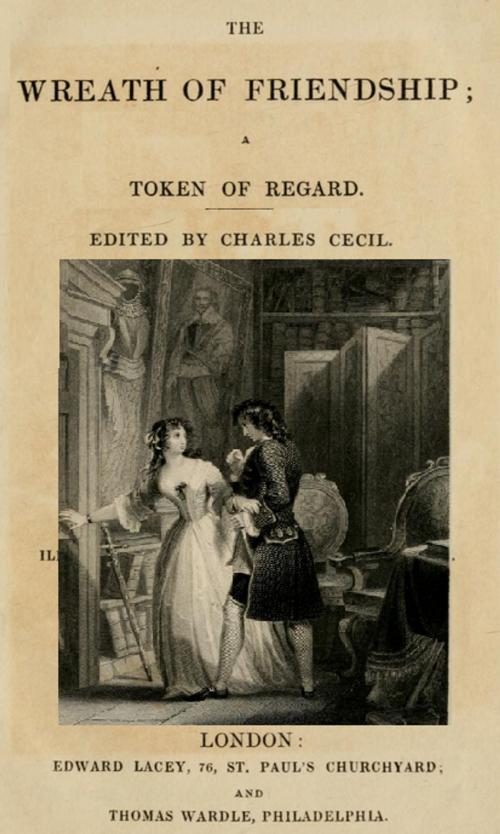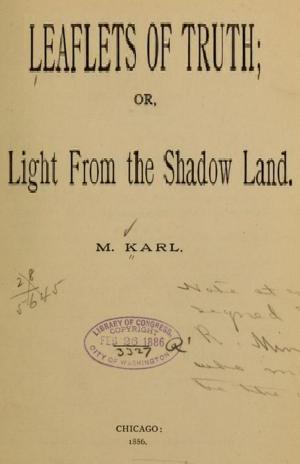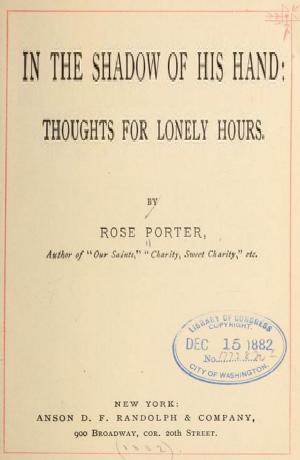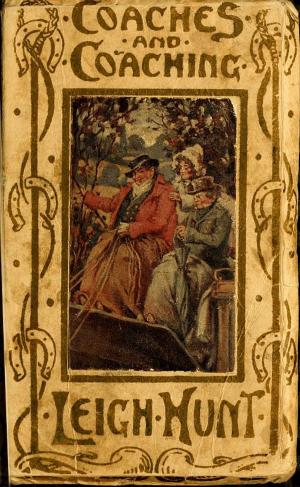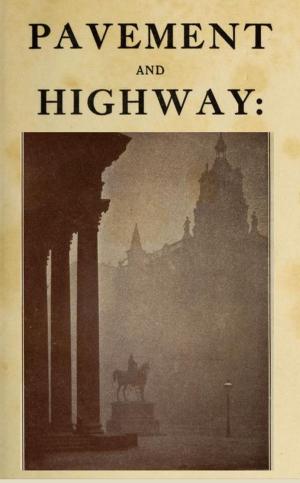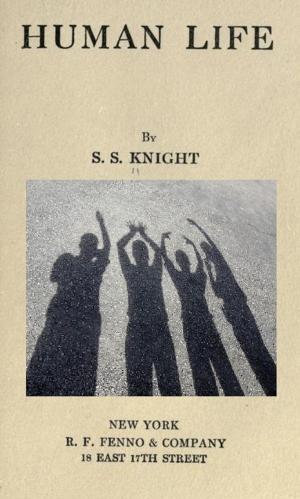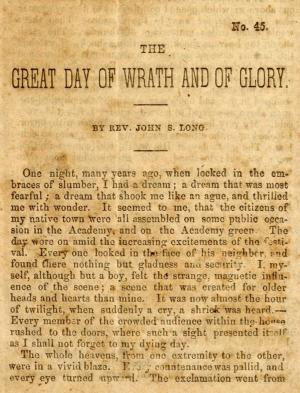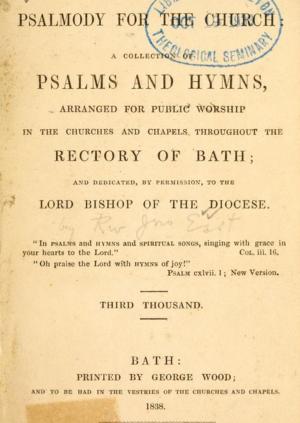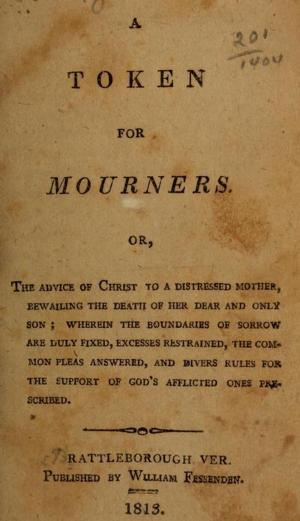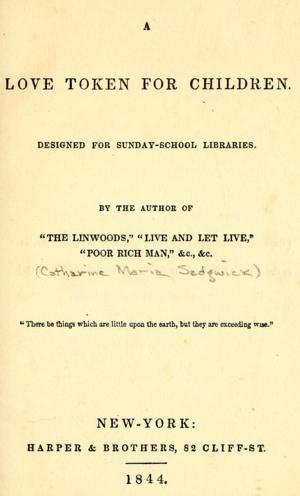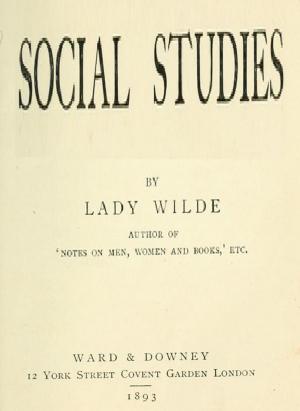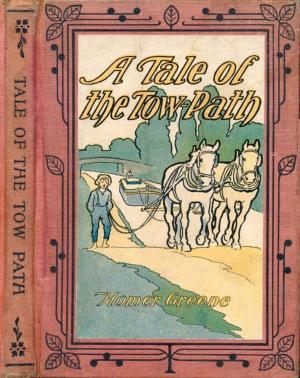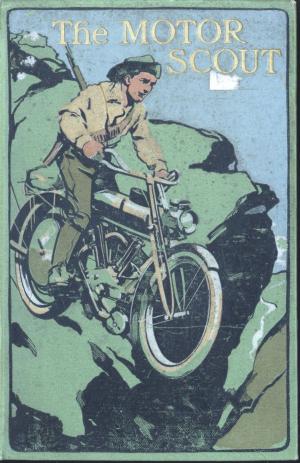The wreath of friendship: a token of regard
The wreath of friendship: a token of regard
Nonfiction, Family & Relationships, Relationships, Friendship, Fiction & Literature| Author: | Charles Cecil | ISBN: | 1230000140654 |
| Publisher: | Klasszic | Publication: | June 8, 2013 |
| Imprint: | Language: | English |
| Author: | Charles Cecil |
| ISBN: | 1230000140654 |
| Publisher: | Klasszic |
| Publication: | June 8, 2013 |
| Imprint: | |
| Language: | English |
THE RECONCILIATION.
"For marriage is a matter of more worth,
Than to be dealt in by attorneyship.
For what is wedlock forced but a hell,
An age of discord and perpetual strife?
Whereas the contrary bringeth forth bliss,
And is a pattern of celestial peace."
Why was opposition raised by parents on either side
to an alliance so suitable, in point of age, of property,
of rank, of education, — above all, of mutual con-
fidence and esteem, as that which Albert Manville
and his cousin Amelia were constrained secretly, yet
sacredly to form ? Why were young persons, so exem-
plary for filial reverence and obedience in all other
cases, and so anxious to exemplify them in this, con-
strained to put on the appearance of filial rebellion?
On both sides, the opposition was a political one. The
families, though nearly related in blood, were severed
by questions rising out of the revolution of 1688, and
revived, with nearly all their original force, on the
death of Queen Anne, the last sovereign of the Stuart
race, and the accession of George the First instead of
the young Pretender.
Mr. Manville was a stanch Jacobite, as much op-
posed to the House of Hanover as to that of Orange ;
and though his son Albert had begun to waver in his
early attachment to the family politics, not even his
love for Amelia had yet induced him to avow any de-
cided change ; while his stern, yet fond father, had no
fear of his apostacy, if he could but keep him from
marrying his more liberal cousin. She was descended
from a family that first joined the standard of the Prince
of Orange in Devonshire, and had been taught by a
mother devoted to the principles of the revolution, to
identify the Stuarts with Popery, and to consider them
aliens to British institutions, interests, and happiness.
But to a young and ardent couple like Albert and
Amelia, these questions, with all their national import-
ance, had become completely subordinate to their affec-
tion for each other, and were lost in their anxiety to
unite again their contending families on loftier and
lovelier ground. They had often wondered in very
early life that their parents should hate each other for
the sake of kings whom they never saw, and as they
grew up, they ventured to remonstrate on such a state
of things. When they found an alliance with each other
essential to their mutual happiness, they wondered and
remonstrated still more, because political differences
were allowed to stand in the way of their happiness;
and that they, who had done no harm to either party,
should be punished by the sacrifice of all that seemed
likely to render life valuable. Objections, weak and
frivolous in their view, were suffered to operate to an ...........
THE RECONCILIATION.
"For marriage is a matter of more worth,
Than to be dealt in by attorneyship.
For what is wedlock forced but a hell,
An age of discord and perpetual strife?
Whereas the contrary bringeth forth bliss,
And is a pattern of celestial peace."
Why was opposition raised by parents on either side
to an alliance so suitable, in point of age, of property,
of rank, of education, — above all, of mutual con-
fidence and esteem, as that which Albert Manville
and his cousin Amelia were constrained secretly, yet
sacredly to form ? Why were young persons, so exem-
plary for filial reverence and obedience in all other
cases, and so anxious to exemplify them in this, con-
strained to put on the appearance of filial rebellion?
On both sides, the opposition was a political one. The
families, though nearly related in blood, were severed
by questions rising out of the revolution of 1688, and
revived, with nearly all their original force, on the
death of Queen Anne, the last sovereign of the Stuart
race, and the accession of George the First instead of
the young Pretender.
Mr. Manville was a stanch Jacobite, as much op-
posed to the House of Hanover as to that of Orange ;
and though his son Albert had begun to waver in his
early attachment to the family politics, not even his
love for Amelia had yet induced him to avow any de-
cided change ; while his stern, yet fond father, had no
fear of his apostacy, if he could but keep him from
marrying his more liberal cousin. She was descended
from a family that first joined the standard of the Prince
of Orange in Devonshire, and had been taught by a
mother devoted to the principles of the revolution, to
identify the Stuarts with Popery, and to consider them
aliens to British institutions, interests, and happiness.
But to a young and ardent couple like Albert and
Amelia, these questions, with all their national import-
ance, had become completely subordinate to their affec-
tion for each other, and were lost in their anxiety to
unite again their contending families on loftier and
lovelier ground. They had often wondered in very
early life that their parents should hate each other for
the sake of kings whom they never saw, and as they
grew up, they ventured to remonstrate on such a state
of things. When they found an alliance with each other
essential to their mutual happiness, they wondered and
remonstrated still more, because political differences
were allowed to stand in the way of their happiness;
and that they, who had done no harm to either party,
should be punished by the sacrifice of all that seemed
likely to render life valuable. Objections, weak and
frivolous in their view, were suffered to operate to an ...........
